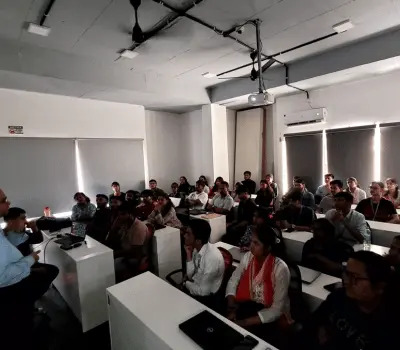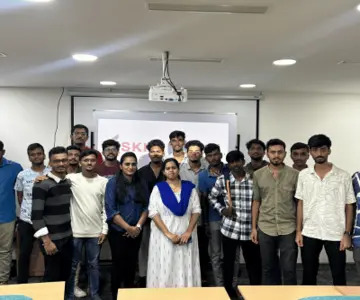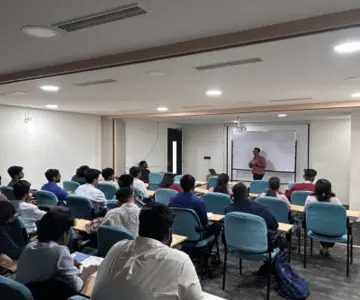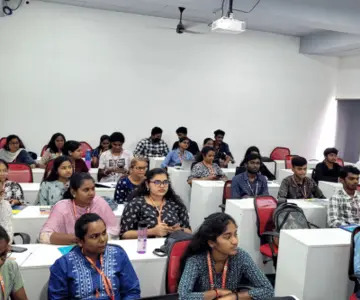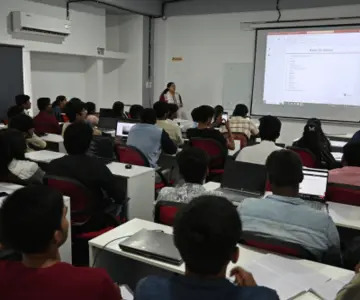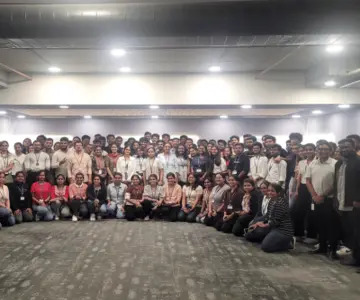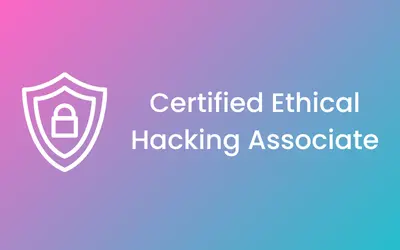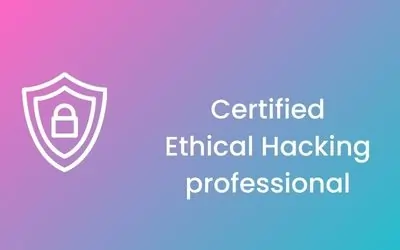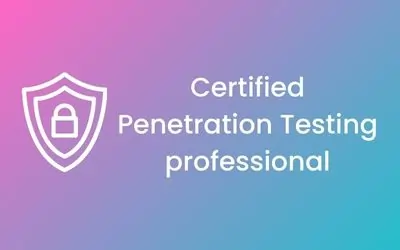CYBER SECURITY TRAINING IN MYSORE
-

-
(14138 Reviews)
-
Skills: Gain key cybersecurity skills, such as protecting networks, ethical hacking, handling security incidents, and managing risks.
-
Career: Explore various career paths, like becoming a cybersecurity analyst, ethical hacker, security advisor, or network protection specialist.
-
Syllabus: Understand how to spot threats, use cryptography, write secure code, follow compliance rules, and manage cybersecurity in this detailed training course in Mysore.















